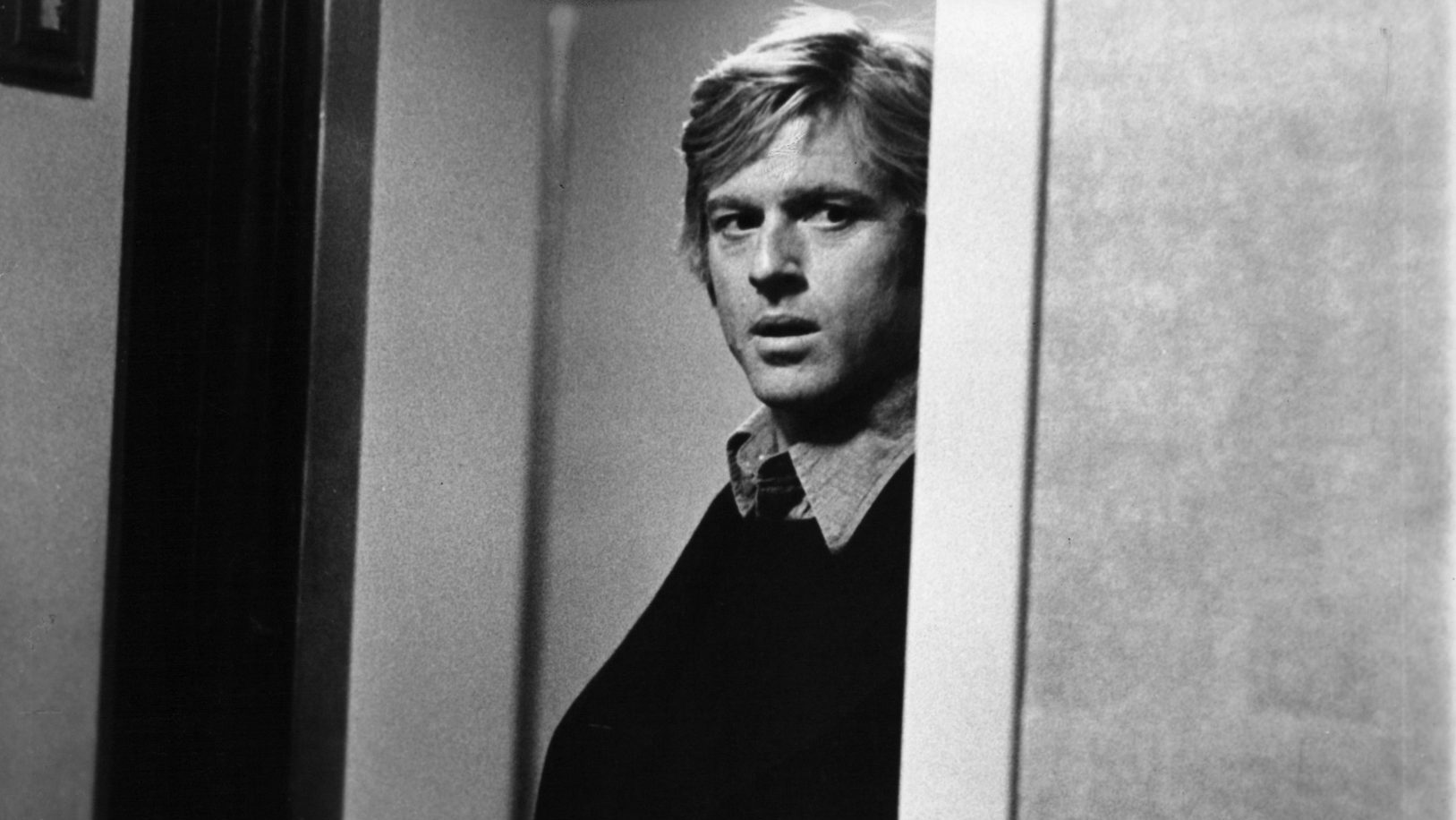Every nation has an inner self, a kind of essence that defines it on a very deep level, that may even explain it in a way that may seem superficial or obvious. But it is a deeply ingrained important part of it.
For example: once at a party in the south of France, I was passed a plate of cheese. Since I don’t eat dairy products, I said – quite casually – “I don’t eat cheese”.
The entire room went silent for a few seconds.
“She is not a cheese person” someone whispered in a fake American accent, and that became the phrase of the day. This reminded me of a quote I once read, attributed to Charles de Gaulle: “How can you govern a country which has 246 varieties of cheese?”
In the UK, it seems to me that there is a deep obsession with two things: class and foreigners. Everything kind of boils down to this, and it is very interesting to watch it play out in all its myriad forms. Class, for example, lies at the base of the Post Office scandal.
The Daily Mail has actually found the perfect person to fit the country’s twin tropes: Meghan Markle, a member of the royal family (the ultimate “inside”), and a foreigner.
The stories slamming her sort of write themselves for Mail readers. It makes you wonder if the paper has a Sussex Department permanently on the lookout for stuff to bash them with.
And in America, the thing that everyone believes, percolating in the national psyche and constantly on the boil just beneath the surface of rationality, whether left or right; whatever gender or none; no matter your income bracket or ethnicity, is a belief in the existence of “the inside job” and its offspring, “the deep state”.
The first time I ever heard the term “inside job” was soon after the Kennedy assassination in 1963. In fact, it was on the day of the assassination itself, when one of our neighbours casually stated that JFK had been murdered by forces within the United States government. They would have taken him out, it was explained to me, for any one of several reasons.
Since my neighbourhood was African American, the complete certainty was that Kennedy was murdered by racists from within who did not like his stance on civil rights.
Later, the “inside job” theory switched to the mafia hooking up with the Feds to take JFK out over his affair with Marilyn Monroe – too much possible pillow talk because he was also involved with a mob boss’s lady.
The next time I heard the term “inside job” was around the assassination of Martin Luther King.
Watergate really WAS an inside job – led from the front right out of the Oval Office by the guy who sat at the Resolute desk, President Richard Milhous Nixon. He of the communist conspiracy of the 1950s, the obsession with the notion of inner corruption, now made reality through him.
When the Iran hostages were taken at the US embassy in 1979, the failure to bring them home was touted by the left as an inside job “allowed” by people who hated then-president Jimmy Carter and wanted him to lose the election to ex-California governor Ronald Reagan; former actor and TV shill.
The right saw the Clintons as king and queen of the “inside job”, manipulating legislation etc.
Some see 9/11 as part of a conspiracy against the Feds. A payback for the execution, earlier in 2001, of Timothy McVeigh, who had bombed the Oklahoma City federal building a few years earlier.
On September 11, a friend of mine who worked for Nato and was stationed at Ramstein, the American air base in Germany, rang me from there to tell me that “deep state” people in cahoots with McVeigh’s disciples were the ones who had taken down the Twin Towers.
This “deep state” goes all the way back to the assassination of Abraham Lincoln in 1865, when some claimed that he had actually been killed by closet haters within the federal government.
FDR made the “enemy within”, a twin of the “inside job”, flesh by incarcerating in detention camps on the west coast American citizens of Japanese descent. In turn, these citizens, corralled like foreign prisoners of war, sent some of their own sons to sign up for what was almost a de facto suicide squad in Italy. Its motto was “go for broke”, a term that entered the American lexicon.
It is not a stretch, therefore, to say that American thinking is filled with this notion of the inside job, the fount of conspiracy theory with its very own offspring: the cover-up.
Covid, of course, is touted by some as a big conspiracy, the virus having escaped from China or some lab or both, the federal government letting this be unleashed in the service of various means of “federal control”.
And now we have January 6, an insurrection launched by a former president of the United States no less, being messaged as an inside job: to cover up the government’s election “fraud” on behalf of ousting the real POTUS: Donald J Trump.
This deeply embedded belief that “they” run things; that there is some shadowy cabal; some resident evil, is what Trump exploits and what keeps him out in front. He found the apple pie and is serving it up.
By the way, January 6 was not only about the wacko QAnon shaman, but also about business owners, educators, ex-military, clergy… people who harboured day and night within themselves a very American concept: that “they out there”, below the radar, are actually running things and working every minute to take your rights away.
There is that ending in the 1975 film Three Days of the Condor starring Robert Redford as a clandestine CIA agent who discovers that the deep state is out to get him. He gives his story to the New York Times and, as he leaves the building, a CIA guy who he has previously thought of as a friend but who he now knows is part of a massive conspiracy asks him how he knows that the Times will publish it.
Redford says that they will, then runs away, glancing over his shoulder at the Fed watching him. He has a look of anxiety and disbelief. That look – the exploitation of it – is one of the secrets of Trump’s success.




